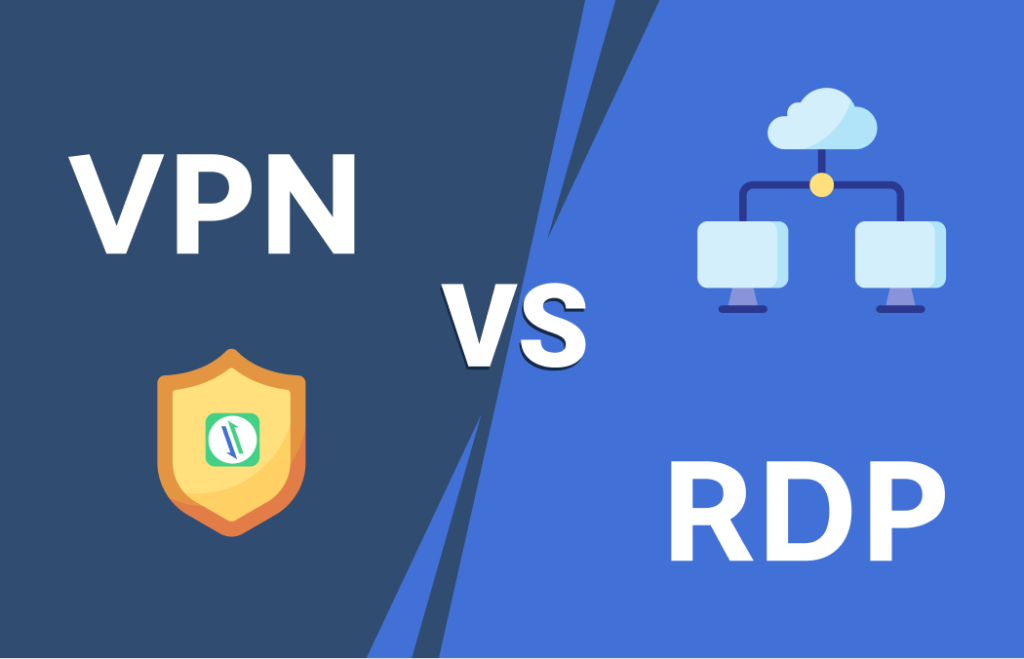VPN vs remote desktop Is VPN the same as remote desktop?
VPN and RDP services are similar in a sense, so it’s easy to understand why some people might confuse them. Both (usually) will encrypt your traffic in one way or another, and both will grant you private access to servers or devices that may be located thousands of miles away. However, there are some key differences, especially in the way we actually experience and use these devices.
What is RDP or Remote Desktop?
RDP works by creating a virtual connection between you and a remote computer. Have you ever watched someone show live broadcasts or videos of what they are doing on the screen? With RDP, the computer broadcasts its screen to you and allows you to control it. You can use files, programs, and computing power on the host computer from a client computer that may be thousands of miles away.
The advantage of RDP over VPN is that you can use all the functions of the remote host. If there is special software that can only be installed on the host, or the host is better able to perform computationally difficult tasks such as detailed rendering, then RDP may be a powerful tool. You can still have the powerful functions of a supercomputer while using a laptop.
The speed and security of VPN and remote desktop are in favour of the former. Unless you use a very localized RDP (such as connecting to a powerful central computer elsewhere in the same building), the connection can be frustratingly slow. After all, you are sending more than just files—you are sending mouse movements, application commands, and a lot of other information back and forth between the device and the host.
Another disadvantage of RDP is that it may make the host very vulnerable to attacks. Unless your system administrator implements certain restrictions, you can use the host as an administrator. So, what happens if your connection is hijacked, or your machine is infiltrated or compromised in other ways? If your RDP does not provide top-level encryption, this is easy to do even then, the host will not be 100% protected.
By the way-technically, RDP is the name of a specific remote desktop access system released by Microsoft and built into its system. However, there are plenty of other remote desktop programs available.
Why choose a VPN?
VPNs work completely differently. Your device is connected to a VPN server, which can only connect users to the Internet and implement various security measures. After connecting, the VPN server processes only your outbound and inbound online traffic-your request, the website’s response to your request, and any files you decide to send or receive.
The essential difference between VPN and RDP is that VPN does not provide any additional features for your device like RDP. You are still using the same old device, but its IP address has changed and it is now more secure when accessing the Internet.
Is VPN more secure than remote desktop? Security and privacy are the biggest advantages of VPN. RDP does not need to provide strong encryption to work, but a VPN without strong encryption is not considered a VPN.
Feel free to visit our Mondoze Global Website for more information about web hosting.


